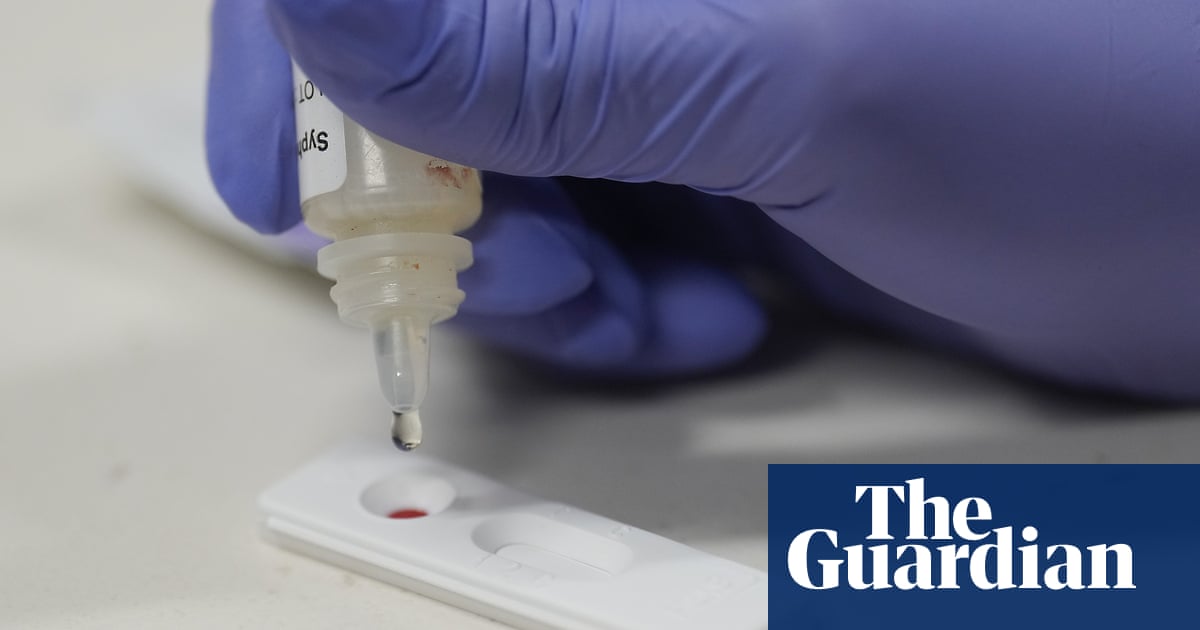Patients are dying in hospital corridors and going undiscovered for hours, while others who suffer heart attacks cannot be given CPR because of overcrowding in walkways, a bombshell report on the state of the NHS has revealed.
So many patients are being cared for in hospital corridors across the UK that in some cases pregnant women are having miscarriages outside wards while other patients are unable to call for help because they have no call bell and are subjected to “animal-like conditions”, said the Royal College of Nursing.
The RCN warned that patients were “routinely coming to harm” and in some cases dying because vital equipment was not available and staff were too busy to give everyone adequate care.
Dr Adrian Boyle, the leader of Britain’s A&E doctors, said the nurses’ testimonies on which the report was based were so horrendous that it “must be a watershed moment, a line in the sand” and must prompt the government to redouble its efforts to get the NHS working properly again.
Boyle, the president of the Royal College of Emergency Medicine, said: “I am shocked, appalled and so saddened that this is the level of care we as clinicians are being forced to provide to our patients – people who turn to the NHS and its staff when they are most vulnerable and in need.”
The RCN’s 460-page report, based on “harrowing” descriptions given by 5,400 UK nurses of their experience of working in hospitals, sets out how:
-
Patients have died on trolleys and chairs in corridors and waiting rooms in settings where “all the fundamentals of care have broken down”.
-
One nurse had seen “cardiac arrests in the corridor with no crash bell, crash trolley, oxygen, defibrillator … straddling a patient doing CPR while everyone watches on”.
-
Patients are being given drugs, intravenous infusions and, in one case, a blood transfusion in corridors which are cold, noisy and too cramped to allow them to have loved ones present.
-
One nurse had to tell a patient he was dying as other patients were wheeled past and orders were shouted across the unit. They said: “How is it fair to tell someone they are dying in a corridor?”
-
Lack of space means patients also being treated in storerooms, car parks, offices and even toilets.
The report came as Wes Streeting, the health and social care secretary, was forced to defend the government’s record on the NHS in an urgent Commons debate about the intense pressures this winter that have left many hospitals overwhelmed in recent weeks.
Streeting responded to Conservative attacks by telling MPs that corridor care “became normalised in NHS hospitals under the previous government. It is unsafe, undignified, a cruel consequence of 14 years of failure on the NHS and I am determined to consign it to the history books.”
But, he added, while ending corridor care was the government’s ambition, “I cannot and will not promise that there will not be patients treated in corridors next year. It will take time to undo the damage that has been done to our NHS.”
He pledged last week to publish a plan to “shortly” improve NHS urgent and emergency care, which also includes GP and ambulance services and the 111 telephone advice service.

Patients can end up stuck on a chair or trolley in a corridor – sometimes for days on end – after staff have decided they need to be admitted but while they wait for a bed. Not being in the A&E means they can get “forgotten” and miss out on care, nurses say. Toileting them can become difficult.
One nurse in the south-east of England told how “a patient died in the corridor but wasn’t discovered for hours”.
So many patients are being treated in corridors that some hospitals are now recruiting nurses specifically to work in those locations. For example, the Whittington hospital in north London last week advertised for nurses to provide “corridor care” or act as a “corridor RN [registered nurse]”, the Sunday Times reported.
The report comes as the NHS is grappling with one of the worst winter crises in its history. In recent weeks about 20 hospital trusts in England have declared a “critical incident” – an admission that they cannot cope with the demand for care and need help. Many have become so overcrowded that they have told people attending A&E to not bring a loved one with them.
after newsletter promotion
This winter has seen the NHS in England hit by record numbers of ambulance handover delays outside A&E lasting at least an hour, and also unprecedented numbers of patients in ambulances being diverted to other nearby hospitals because their intended hospital could not take them.
Queen’s hospital in Romford, Essex – which treats Streeting’s constituents – has become so overwhelmed that it has had to spend £100,000 a month hiring an extra 19 nurses to look after what in recent weeks has become 50 patients at any one time stuck in corridors, the Health Service Journal disclosed this week.
Its A&E was built to accommodate 325 patients daily but sometimes sees more than double that number. Hospital bosses say the A&E is “not fit for purpose” and they need £35m to expand it. They recently put up posters advising people frustrated with the situation to lobby local MPs about the money.

NHS staff have described conditions in recent weeks – with flu the most damaging of a “quad-demic” of respiratory viruses that have overwhelmed hospitals – as the worst they have faced in their careers.
“Some staff working in A&E are saying that their days at work feel like some of the days we had during the height of the pandemic,” said Prof Sir Stephen Powis, NHS England’s national medical director, last week.
Prof Nicola Ranger, the RCN’s general secretary and chief executive, said: “Patients are coming to harm every day. We can now categorically say patients are dying in this situation.”
Some nurses are quitting working in A&E, or in the health service altogether, because of the emotional toll of working amid such conditions, the RCN found.
One nurse said: “[I] ended up leaving department due to overwhelming anxiety and fear of patients dying as physically unable to safely care for them.”
Patients can get so frustrated at being stuck in a corridor that they decide to walk out of A&E. One nurse told how some patients “refuse treatment and self-discharge against advice due to situation, placing them at risk of significant adverse event”.
Duncan Barton, England’s chief nursing officer, said: “Increasing levels of demand have resulted in extreme pressures on services, particularly over recent months and one of the toughest winters the NHS has experienced.
“The impact this has on the experiences of patients and staff, as highlighted by the RCN report, should never be considered the standard to which the NHS aspires.”

.png) 3 months ago
26
3 months ago
26













































